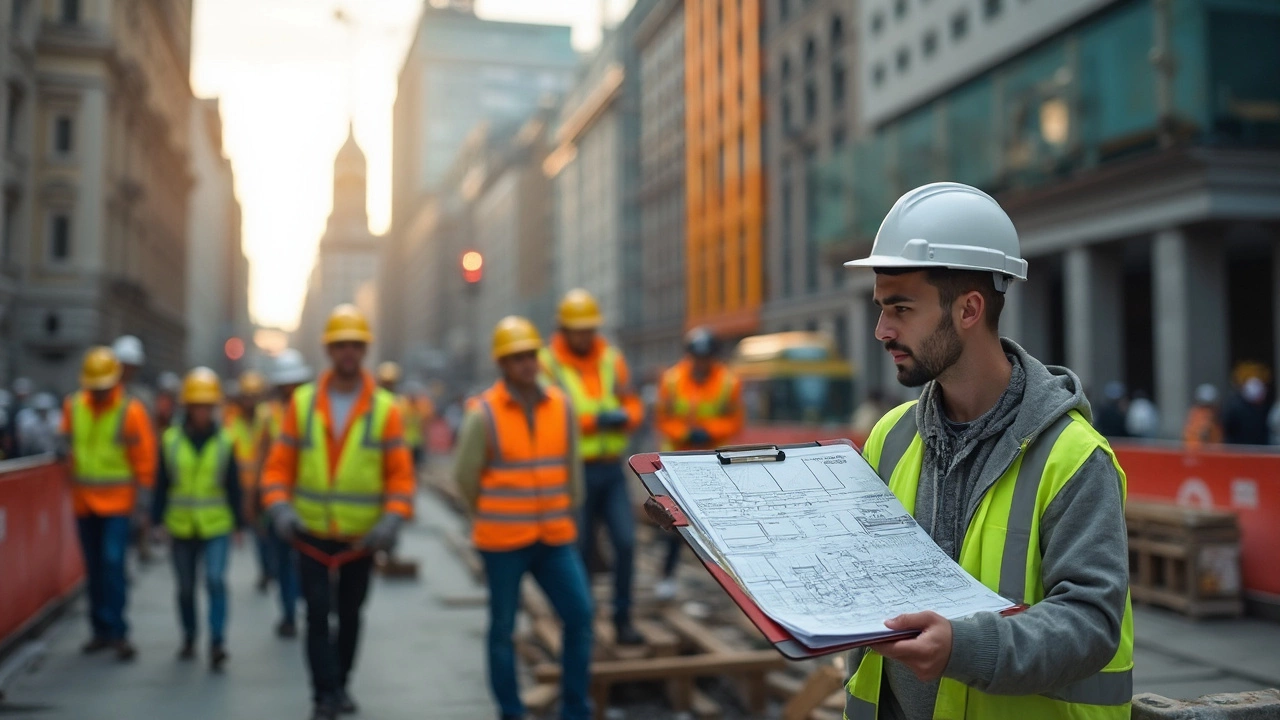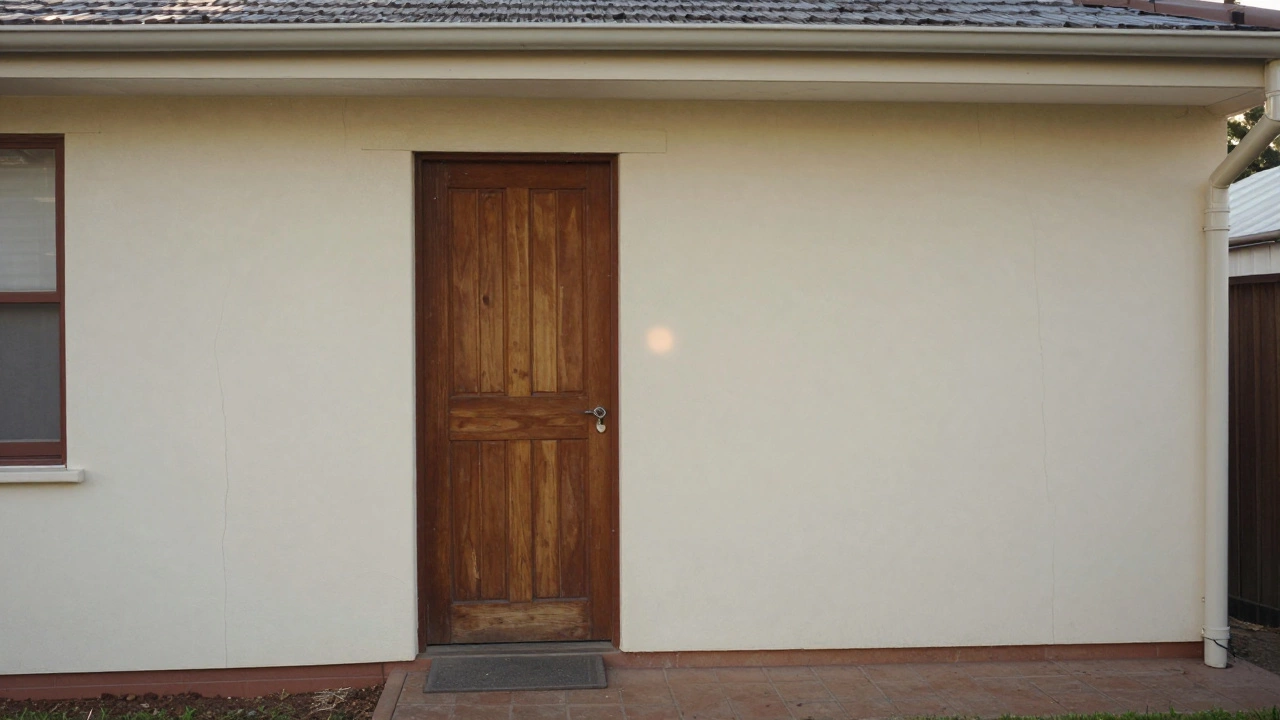Commercial License Guide - Simple Steps to Get Yours
If you’re planning to run a construction business, open a showroom, or start any commercial activity that involves buildings, you’ll need a commercial license. It’s the official permission that tells the authorities you meet safety, zoning, and insurance standards. Skipping it can mean fines, work stoppages, or even legal trouble, so getting it right the first time saves you headaches.
Why a Commercial License Matters
A commercial license does more than tick a box. It proves you’ve checked the building’s structure, fire safety, and accessibility. For clients, it’s a sign you’re serious and reliable. For lenders and insurers, it lowers risk, which can mean better rates. In the UK, the local council or the Building Control body usually issues the license, and they’ll ask for plans, proof of competence, and insurance documents.
How to Apply – Step by Step
1. Identify the right authority. Most towns have a council website with a licensing section. If you’re dealing with large-scale projects, the Health and Safety Executive may also be involved.
2. Gather required paperwork. You’ll need a completed application form, site plans, proof of qualifications (like a CSCS card), public liability insurance, and a fee receipt. Keep digital copies – many councils allow online uploads.
3. Submit the application. Do it online when possible; it speeds up processing. If you must go in person, bring original documents and a pen for signatures.
4. Wait for inspection. An inspector will visit the site to verify that the plans match reality. They’ll check fire exits, structural support, and waste handling. Be ready to answer questions and show any additional safety measures.
5. Receive your license. Once approved, you’ll get a certificate that lists any conditions you must follow. Keep it on site and show it to clients or auditors when asked.
6. Renew and stay compliant. Most commercial licenses last one to three years. Mark the renewal date in your calendar, and update any changes to your business or premises before the next inspection.
Pro tip: Talk to a local builder’s association before you start. They often have template forms and can flag common issues that cause delays. Also, double‑check that your business name matches the name on the insurance policy – mismatches are a frequent cause of rejections.
Cost varies by council, but expect anywhere from £100 to £500 for a basic license. Larger projects with extra safety requirements can push the fee higher. Budget for the inspection travel cost as well; some inspectors charge a mileage fee.
Remember, a commercial license isn’t just paperwork. It’s a safeguard for you, your workers, and anyone who steps onto your site. By following these steps, you’ll get the green light faster and keep your project moving without unexpected stops.



